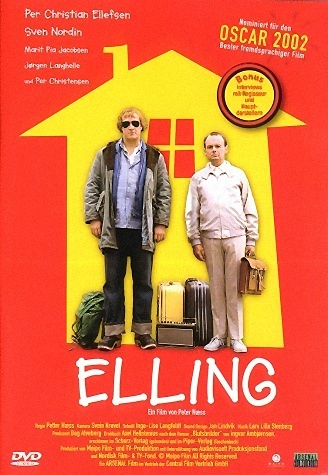NOTE: Updated August 15, 2005, to reflect comments (in red) from Washington Post article, "U.S. Lowers Sights On What Can Be Achieved in Iraq" [link]
Rummaging around in the Whitehouse.gov archives yielded this: Results in Iraq: 100 Days Toward Security and Freedom: Highlights of the Renewal of Iraq and the End of Saddam’s Regime, August 8, 2003[pdf link].
Most of the report is white space. Seriously. It's as though it had been written by a high-schooler trying to satisfy the page requirement for a book report. But the table of contents is pure Tracy Flick/Karen Hughes. It lists 10 sections, each of which lists 10 items of importance: 10 times 10 equals 100 -- for 100 days. How clever.
One item from each of the 10 sections is highlighted below. Selection was based on the degree of jaw-clenching experienced during reading.
10 Ways the Liberation of Iraq Supports the War on Terror
No. 3. Saddam Hussein would not uphold his international commitments, and now that he is no longer in power, the world is safe from this tyrant. The old Iraqi regime defied the
international community and seventeen UN resolutions for twelve years and gave every indication that it would never disarm and never comply with the just demands of the world.
The surprising scope of the insurgency and influx of foreign fighters has forced Washington to repeatedly lower expectations.
10 Signs of Better Security
No. 10. Most of Iraq is calm and progress on the road to democracy and freedom not experienced in decades continues. Only in isolated areas are there still attacks.
Killings of members of the Iraqi security force have tripled since January. Iraq's ministry of health estimates that bombings and other attacks have killed 4,000 civilians in Baghdad since…April 28.
10 Signs of Better Infrastructure and Basic Services
No. 7. Road Repairs: Emergency road repairs, underway throughout Iraq now, will employ even more Iraqis in the coming weeks.
Many of Baghdad's 6 million people go without electricity for days in 120-degree heat.
10 Signs of Democracy
No. 9. The Coalition is helping fund and train Iraqis wanting to create their own non-governmental organizations. These new NGOs include public policy think tanks and an association of
former political prisoners.
"We set out to establish a democracy, but we're slowly realizing we will have some form of Islamic republic."
10 Improvements in the Lives of Iraqi Children
No. 10. Nearly 3,000 soccer balls were shipped on May 30 and another 60,000 balls on their way to Iraq through a private/public partnership and the U.S. soccer community.
Parents fearful of kidnapping are keeping children indoors.
10 Signs of Economic Renewal
No. 3. Commerce: The marketplace in Baghdad has many goods that were previously unavailable because of sanctions or because they were forbidden under the previous regime. Items such as satellite dishes are now readily available to Iraqis.
Analysts estimate that in the whole of Iraq, unemployment is 50 percent to 65 percent.
10 Examples of International Support for the Renewal of Iraq
No. 9. Numerous countries have contributed to the Coalition by providing basing and fly-over rights, as well as logistical support.
10 Signs of Cultural Rebirth
No. 1. Iraqi Olympic Committee is reconstituted without fear from Uday Hussein: The new President of the Free Iraq Olympic group said, “The Iraqi teams used to produce the champions of Asia in many sports. They have declined since the arrival of Uday. Now we want to rebuild them with the help of the international community.” -- Sharar Haydar, one of Uday Hussein's former torture victims, The Guardian (London), May 15, 2003.
Barbers post signs saying they do not shave men, after months of barbers being killed by religious extremists.
10 Steps to Improve the Lives of Iraqi Women
No. 10. Iraqi women’s organizations are being created to expand opportunities for women to improve their lives and those of their families.
[W]omen's rights will not be as firmly entrenched as Washington has tried to insist.
10 Voices of Liberation
No. 3. “The tension is reducing every day. We are seeing a change. People are starting to realize that the soldiers are not here to occupy Fallujah forever—they’re here to help us rebuild.” -- Taha Bedawi, mayor of Fallujah, The Washington Post, July 29, 2003.
Ethnic or religious-based militias police the northern and southern portions of Iraq.
Late Night Open Thread: In Case You Missed It
-
Colbert going scorched earth on CBS and the FCC The censored interview
I’m a little tired of this timeline. Remember to do something kind, not
just...



No comments:
Post a Comment